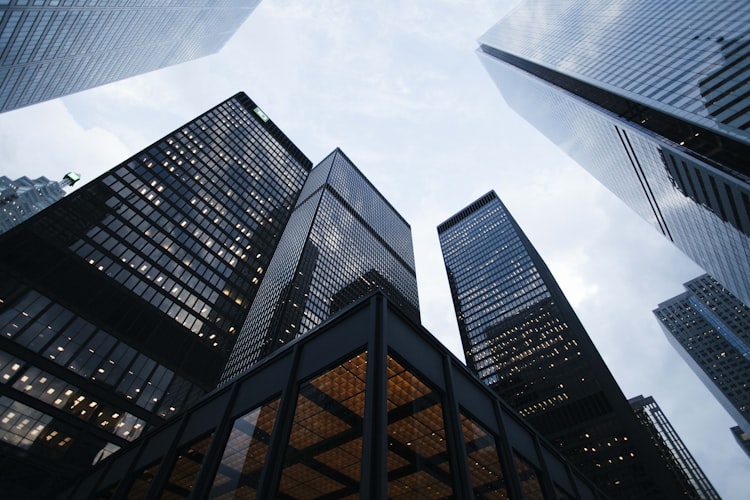Three of Japan’s largest corporations have invested in green hydrogen projects in Australia, confirming the country’s growing global status as a supplier of hydrogen from renewable sources.
In one of the most significant investments, Kawasaki Heavy Industries is teaming up with Australia’s Origin Energy on a 300-megawatt electrolyser in Townsville in far north Queensland. The electrolyser is expected to produce 36,000 tonnes a year of liquid hydrogen for export and domestic supply.
The two companies have completed a feasibility study and expect engineering and design work to begin within the next six months.
Also in Queensland, Japan’s largest hydrogen supplier Iwatani Corporation has formed a consortium with Queensland Government-owned Stanwell Corporation. The consortium will progress planning on a new renewable hydrogen export facility in Gladstone.
The partnership will also enable the project to move towards a bankable feasibility study and front-end engineering design.
Over in South Australia, Mitsubishi Heavy Industries (MHI) is investing in the developer of the A$250 million Eyre Peninsula Gateway Project, set to be Australia’s largest green electrolyser project.
MHI will make a capital investment in Australia’s H2U Investments, the holding entity of H2U Group. The H2U Group includes the Hydrogen Utility (H2U), a developer of green hydrogen and green ammonia projects.
Under the first stage of the development, H2U will install a 75-megawatt electrolysis plant and an ammonia production facility in Whyalla, with an annual capacity of 40,000 tonnes.
These three major investments align with Australia and Japan’s joint commitment to green hydrogen. At the Japan-Australia Leaders Meeting on 17 November, the Prime Ministers of Australia and Japan agreed to advance hydrogen cooperation to support national and global transitions to a resilient, low-emissions economy.
They also pledged to continue close cooperation to ensure secure and reliable energy supply, and to reduce emissions through new and emerging low-emissions technologies and supply chains, including hydrogen.
‘These recent investments are the green shoots of a well-considered national strategy premised on coordination and cooperation among all stakeholders, including Commonwealth government agencies, Australia’s scientific institutions, technology partners, and state and territory governments,’ says David Grabau, Austrade’s Senior Investment Specialist for Resources and Energy.
Australia has significant competitive advantages for developing a substantial green hydrogen industry. It has abundant wind and solar resources and a track record in building large-scale energy industries. It also has an established reputation as a trusted energy supplier to Asia, including key energy markets such as Japan.
Australia is committed to growing an innovative, safe and competitive hydrogen industry, as set out in its National Hydrogen Strategy. The Australian Government has committed A$370 million to advancing Australia’s hydrogen industry since the release of the strategy.
Investors can refer to HyResource for the latest information on key hydrogen-related organisations, policies and projects in Australia.







